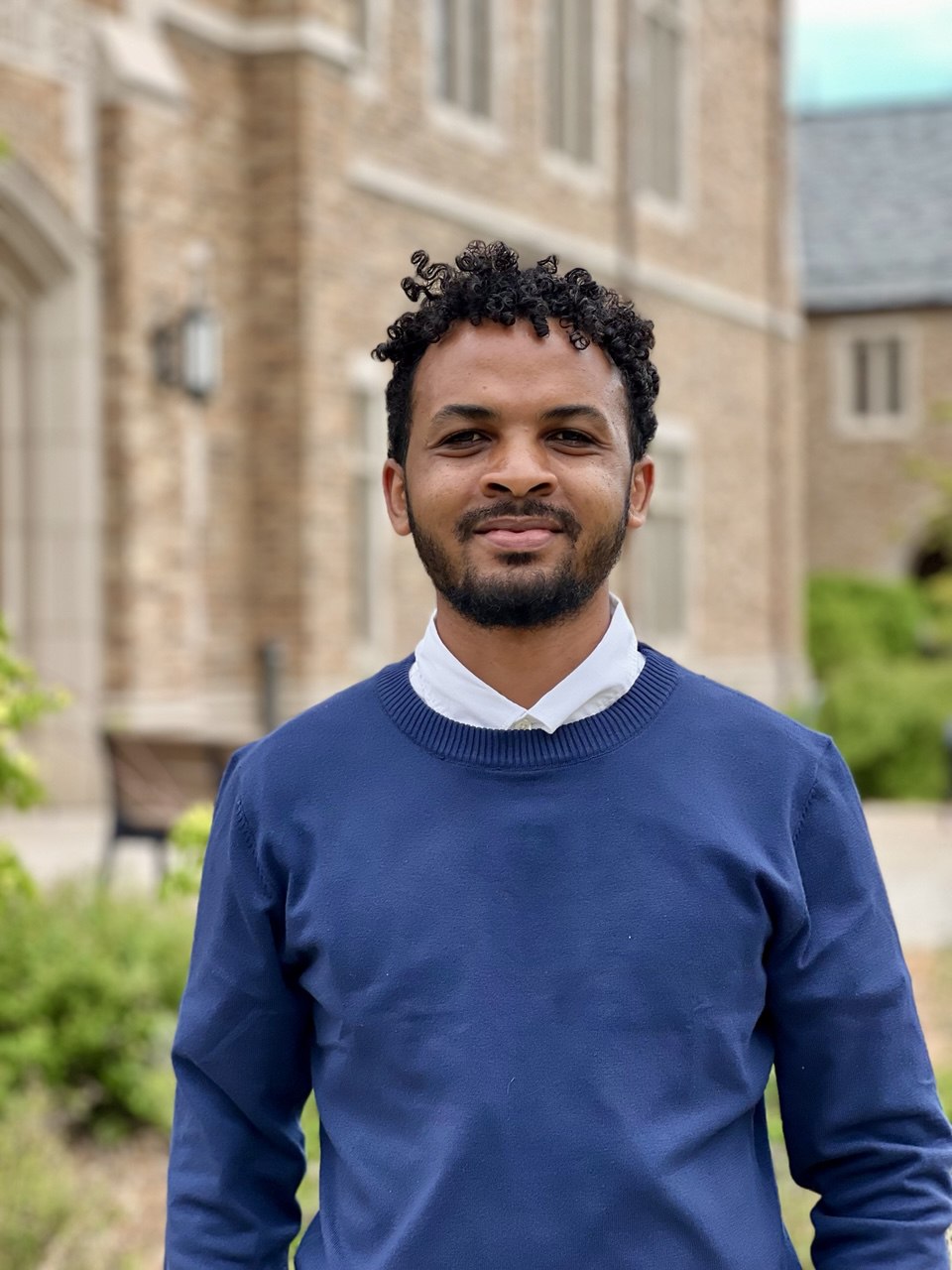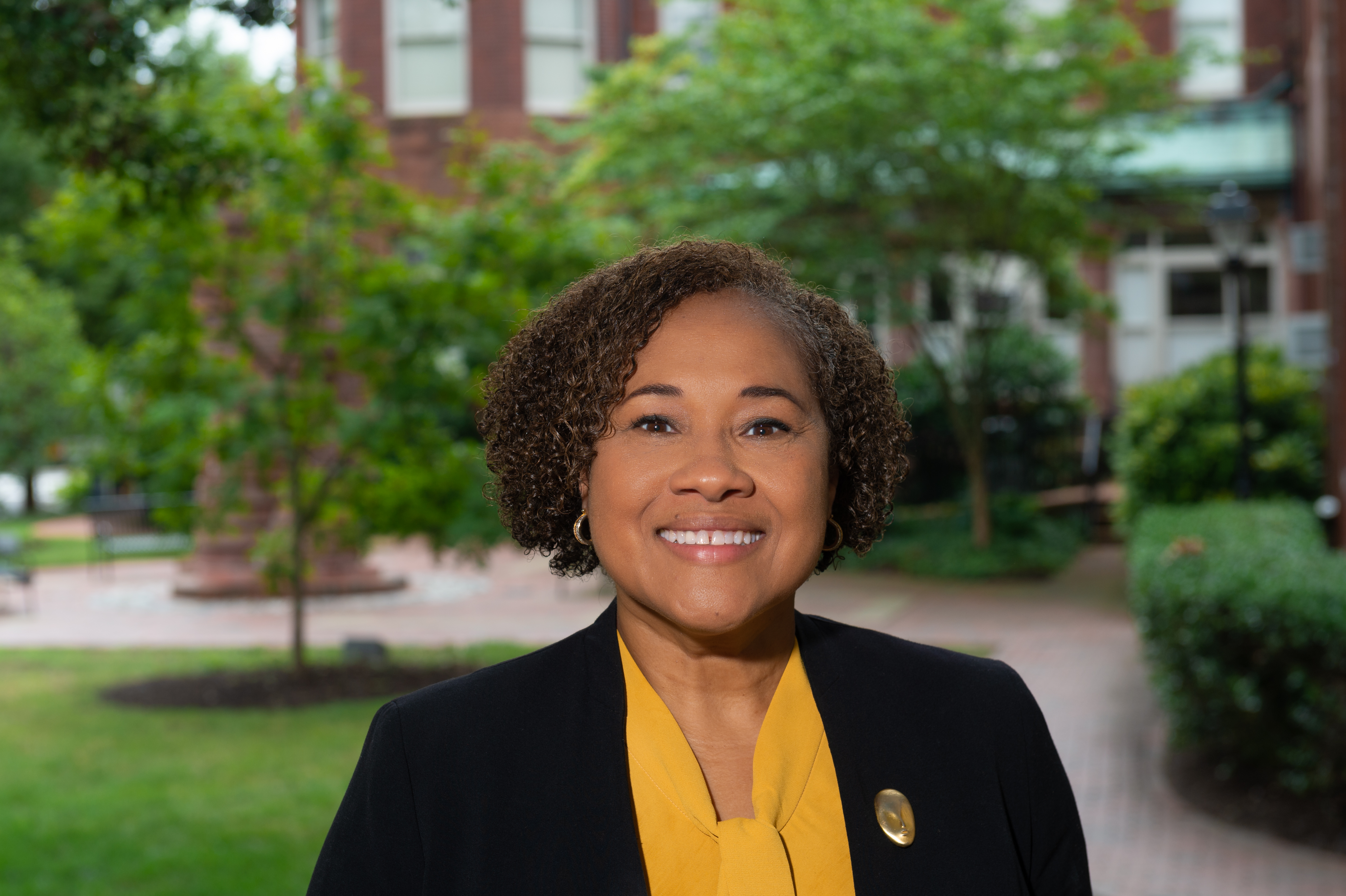In a recent Wilder School Lunch and Learn presentation, Tracy Douglas, chief executive officer of the Virginia Community Healthcare Association (VCHA), outlined how pending changes to Medicaid and other programs could have far-reaching consequences for patients and providers across the Commonwealth.
Community health centers are often considered the most innovative, resilient and diverse parts of America's healthcare system. In fact, health centers are the largest and most successful primary care network in the country. What began at the heart of the Civil Rights Movement and the “War on Poverty,” has transformed into a healthcare movement with decades of dedication to uplift disadvantaged communities.
>>Watch the complete presentation on YouTube
This movement is not without its challenges, but perhaps the greatest obstacle yet may be new health budget cuts. During the presentation, Tracy Douglas, chief executive officer of the Virginia Community Healthcare Association (VCHA), shared insights into how the H.R.1 One, Big Beautiful Bill Act will impact Virginia’s healthcare economy and assistance programs in the future.
“Right now, our health centers are underwater for about $110 per patient,” said Douglas. “So, if we see health budget cuts, we're going to see more patients move from insured to uninsured by 2026.”
Over the years, at the state and federal levels, policies established have created a reliable and affordable network of doctors, nurses, dentists, community leaders and federal lawmakers for underserved individuals. These policies turned into programs such as Medicaid and the Supplemental Nutritional Assistance Program (SNAP) which are the building blocks of an equitable community health infrastructure.
Along with insurance and food assistance initiatives, there are 1,500 health centers in over 1.7 million locations throughout the United States and its territories. In 2024 alone, health centers aided 30-32 million individuals nationwide. In the commonwealth, there are 31 health centers in 209 locations that served roughly 423,000 patients in 2024. Three years ago, with significant reliance on these health care services, Virginia expanded its healthcare insurance through Medicaid.
Douglas breaks down some of the ways the new bill could affect assistance programs, Virginia hospitals, health professionals and facilities, and their constituents:
- Community health center restrictions
- New classification of health centers as a federal public benefit
- Noncommissioned officers’ new roles in funding healthcare services within the individual states
- Work requirements for those on Medicaid
- Waiver restrictions
- Restrictions on medical student loan lending
- Stringent SNAP qualifications
- Affordable Care Act Marketplace subsidies risk
Essentially, health care centers and the services they provide are a safety net to citizens located in areas challenged by a lack of accessibility to healthcare. If this assistance is defunded or repealed altogether, research shows this could be a dire turning point for the state’s healthcare economy.
About Tracy Douglas
Tracy has over 25 years of experience in healthcare administration and operations. She is currently the Chief Executive Officer of VCHA, responsible for the overall operation, management, program development, and fiscal control of the Association. Tracy served in the C-Suite for Federally Qualified Health Centers in Indiana and Maryland and other U.S. locations, became the Executive Director of a for-profit physician-hospital organization, and was the Chief Operating Officer for an association serving community health centers in Maryland and Delaware. There she was responsible for the oversight of day-to-day operations and advised as a subject matter expert in the areas of administration, governance, and regulatory compliance. Tracy has also worked in various capacities within the healthcare setting that have included overseeing the operations of a large hospital-based pediatric center of excellence that provided cardiac, kidney, pulmonary medical (clinic-based), and surgical services. Tracy received her bachelor’s degree from the University of Maryland, College Park, and her master’s degree in General Administration, Healthcare Administration focus from the University of Maryland University College.



